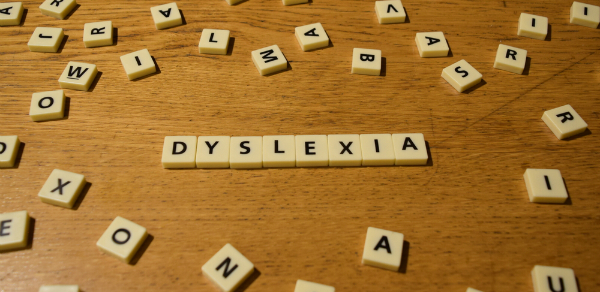
What jumps to mind when you hear the word “dyslexia?” Unfortunately, with such a huge number of misconceptions swirling around about it, it’s possible that what you think may not be accurate. Let Total Learning Center give you the details on recent findings about dyslexia.
Laying the Foundation for Learning More
For many people, word “dyslexia” conjures an image of a word with the letters rearranged. This is how many people are taught about dyslexia, but it’s not quite that simple. Dyslexics have trouble with other tasks, too, which are unrelated to reading and open up a whole new world of questions for researchers in this field.
For starters, it’s been found that dyslexics have trouble hearing and understanding speech in loud environments, which is not the case for non-dyslexics. This points to the potential of a bigger issue: a problem with sensory perception overall, not just the systems involved with processing written words. It’s been found over time that dyslexics have problems with processing speech as well, contributing to the idea that dyslexia is actually a perception issue that isn’t just limited to reading. Researchers have since been working to figure out how far it goes.

Studying the Extent
Findings from December of 2016 (a more detailed breakdown of which can be found here) point to an overarching problem with perceptual adaptation, which occurs seamlessly when, for example, non-dyslexics listen to someone speak with a new accent they haven’t heard before. It requires a level of attentiveness that declines over time as the brain adapts and becomes more efficient at processing the speech. However, this process takes considerably longer in dyslexics, which led researchers to study a range of perception methods using written and spoken words in addition to pictures. Dyslexics performed poorly at adapting to all of these, which opens up a world of possibilities and sets up several more questions for researchers to explore and hopefully help dyslexics further navigate problem areas.
If you’re interested in learning more about dyslexia or testing for it, contact Total Learning Center online or call us at (732) 922-6655. We’ll be happy to help you start on this journey.
